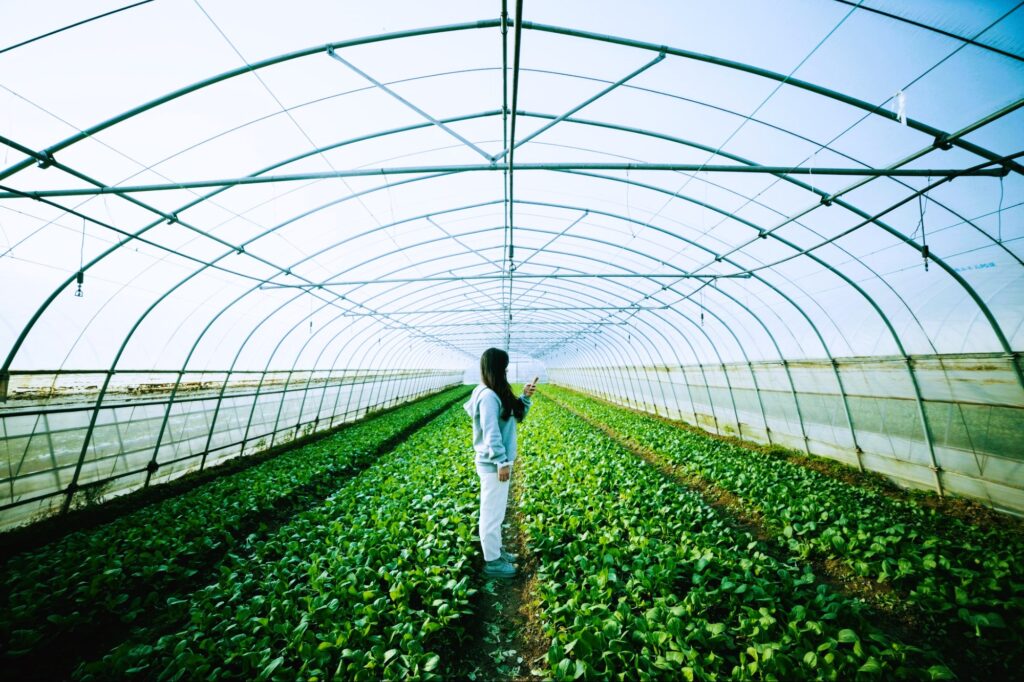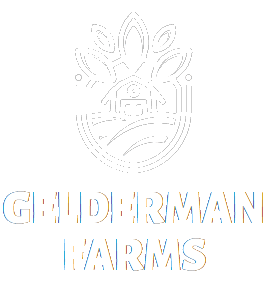In the picturesque region of Abbotsford, Canada, where rolling green fields meet the majestic mountains, sustainable agriculture has emerged as a beacon of hope and a driving force behind the success of local farms. With its commitment to responsible land stewardship and environmentally-friendly practices, sustainable agriculture stands as the key to ensuring not just the survival but the flourishing of farms in Abbotsford and beyond.
Defining Sustainable Agriculture
Sustainable agriculture, also known as regenerative agriculture, is an approach to farming that seeks to meet the needs of the present without compromising the ability of future generations to meet their own needs. It involves cultivating the land and raising livestock in a manner that promotes ecological balance, conserves natural resources, and supports the well-being of communities.
The Pillars of Sustainable Agriculture
Sustainable agriculture in Abbotsford rests on several fundamental pillars, each contributing to the overall health and resilience of the farm ecosystem.

1. Soil Health
At the heart of sustainable agriculture lies a profound focus on soil health. Soil serves as the foundation upon which successful farming is built. In Abbotsford, farmers recognize the importance of nurturing the soil through practices such as crop rotation, cover cropping, and reduced tillage. These practices enhance soil fertility, improve water retention, and reduce erosion, ultimately fostering a vibrant and resilient ecosystem.
2. Biodiversity
Embracing biodiversity is another cornerstone of sustainable agriculture in Abbotsford. Farmers understand the significance of cultivating diverse crops and preserving native plant species. By encouraging biodiversity, farms in Abbotsford create natural habitats for beneficial insects, birds, and other wildlife that contribute to pest control and pollination.
3. Water Conservation
In a region where water is a precious resource, farms in Abbotsford prioritize water conservation. Implementing efficient irrigation systems, rainwater harvesting, and water recycling, farmers ensure that water is used wisely and sustainably.
4. Energy Efficiency
Sustainable agriculture in Abbotsford recognizes the importance of reducing energy consumption. Farmers adopt energy-efficient practices, such as using renewable energy sources, optimizing machinery, and minimizing transportation distances for produce.
5. Waste Reduction and Recycling
Efforts to minimize waste and promote recycling are integral to sustainable agriculture. Composting organic waste, reusing resources, and adopting circular economy principles contribute to the reduction of environmental impact.
Government Initiatives and Support
The Canadian government plays a pivotal role in promoting sustainable agriculture in Abbotsford and throughout the country. The Canadian Agricultural Partnership (CAP), a federal-provincial-territorial initiative, invests in projects and research that advance sustainable agriculture practices. CAP also supports farmers in Abbotsford in adopting technologies and practices that promote environmental sustainability and profitability.
The Role of Agricultural Education
Promoting sustainable agriculture goes hand in hand with agricultural education and research. The University of the Fraser Valley (UFV), located in Abbotsford, offers programs in sustainable agriculture, equipping future farmers with the knowledge and tools needed to implement eco-friendly practices. UFV’s research initiatives also contribute to advancing sustainable agriculture in the region.
Agrotourism and Community Engagement

Agrotourism has emerged as a means to engage the community in sustainable agriculture. Farms in Abbotsford open their doors to visitors, providing educational experiences and opportunities to witness sustainable practices in action. By fostering a connection between farmers and consumers, agrotourism reinforces the importance of supporting sustainable agriculture and local food systems.
The Future of Farming in Abbotsford
Sustainable agriculture stands at the forefront of the future of farming in Abbotsford. As the world faces environmental challenges and a growing global population, the adoption of sustainable practices becomes even more critical. Farms in Abbotsford continue to evolve, innovating and collaborating to build a more resilient and prosperous agricultural landscape that will endure for generations to come.
Conclusion
In Abbotsford, sustainable agriculture is more than just a concept; it is a way of life embraced by farmers who understand the intrinsic connection between the land and their livelihoods. Through sustainable agriculture, Abbotsford’s farms not only ensure their own prosperity but also contribute to the preservation of the region’s natural beauty and the well-being of the community. As the world looks towards sustainable solutions, Abbotsford’s commitment to sustainable agriculture serves as an inspiring model for a thriving and harmonious coexistence between people and the land.
